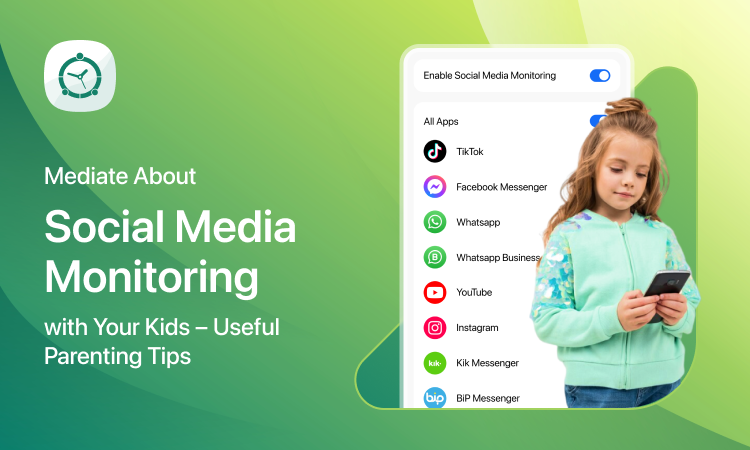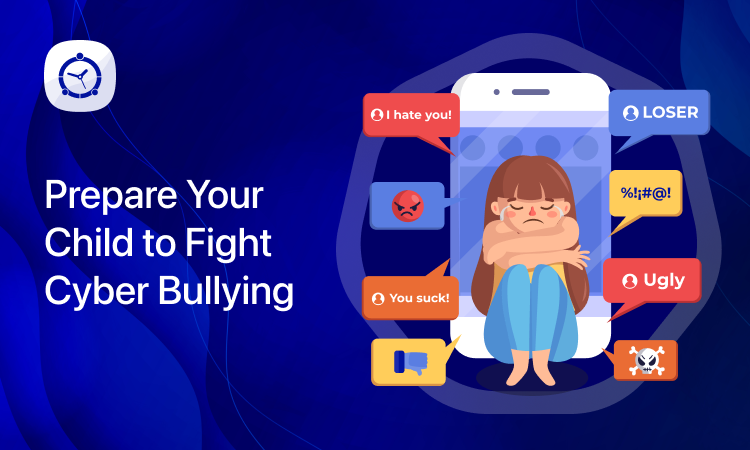There are a lot of assumptions and myths about teen bullying which increase this tragedy as much as any other reason. Here are a few of the common myths debunked to help you understand teen suicide better:
Myth#1: Suicide is not so common among teens
According to data from the Centers for Disease Control and Prevention, suicide is the 3rd biggest cause of death after homicide and accidents. About 4,600 teens commit suicide every year. This makes an average of 12 teens per day!
Myth#2: Teens who talk about suicide are only looking for attention
Teens that talk about suicide or threaten to take their life, are not looking for attention, they need to be taken seriously and listened carefully. They need your attention, but they need it because they want to talk about what is going on in their mind.
Myth#3: Talking to suicidal teens will put ideas in their heads
This common fear is absolutely false. If a teen feels distressed enough to think about taking his/her life, it will be relieving to know there is someone who understand and is there to listen. Even if they are not considering suicide, talking about it will not make them feel that way.
Myth#4: Teens are depressed and sad before committing suicide
Suicidal teens often don’t look depressed or sad; in fact, they can appear happy. This really depends on what is going around in their lives. The thought of committing suicide can be sudden, and is usually brought about by unforeseen, negative events/changes in a teen’s life.
Myth#5: Nothing can be done to stop a suicidal teen
There is a common misconception that suicidal teens are determined to take their life in any case. Whereas, according to mental health professionals, most of them, want to live and constantly look for reasons to give them hope.
Know what is going on in your teen’s mind!
Though, not every suicide can be prevented, but more can be done to stop teens from going over the edge. Be vigilant about what your teens say, how do they behave and look, what do they have in their liives. Keep communication between you two healthy and open to any topic. Also, teens tend to search the internet for a solution to their every problem; you can monitor their online behavior with parental controls apps to look for signs. Keep your child healthy, safe and happy!









